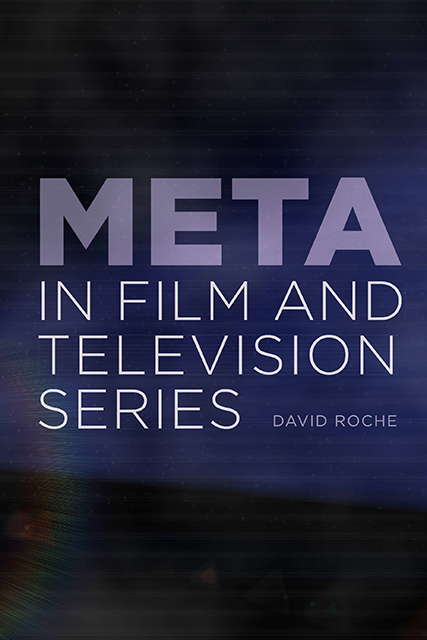Chapter 6 - Medium and Materiality
Published online by Cambridge University Press: 26 October 2023
Summary
SYNCHRETISM, INTERMEDIALITY, REMEDIATION
The analyses of Sunset Blvd., Contempt, Blow-up, Blow Out and Mulholland Dr. have already shown how meta can engage with the ontology and materiality of film. The exploration of the medium via film is as old as cinema itself. It was one of the prime concerns of the avant-gardes of the 1920s and probably one of their most enduring legacies to art and popular cinema. It has long been one of the prime concerns of film theorists and critics, from the Russian formalists’ 1927 Poètika kino to André Bazin’s 1945 “The Ontology of the Photographic Image” to Stanley Cavell’s 1971/1979 The World Viewed and, more recently, to scholars writing on digital cinema. What are the boundaries of a given medium? And in the case of cinema and television, what is the specificity of a medium that is reproducible and whose material is the world? This questioning is often effected, as in film theory (again, the Russian formalists come to mind), through comparisons with other media—mises en abyme in particular regularly solicit other media (photography and painting in Blow-up, theater and music in Mulholland Dr.). Whereas theorists of the 1920s insisted on the “synchretic” quality of cinema, its capacity to blend the arts of the past (Boris Kazanski, for instance, described cinema as a “graphic drama”), today such phenomena might fall under the concepts of intermediality or remediation.
Although early writings on metafiction and reflexivity predate the “intermedial turn,” the exploration of the medium is evoked on occasion. Hutcheon, for instance, speaks of “a two-way pull of contradictory impulses” within metafictional texts, one that “treat[s] language as a means” and another as “an artifact,” thereby treating “the medium as an end”; what she calls “linguistic metafiction” focuses on language as fiction-building material and/or as material in itself. Waugh tends to emphasize the first aspect, her central argument being that metafiction evinces how language constructs both fiction and reality; accordingly, she analyzes the “language games” of “radical metafiction” as indications “that ‘reality’ as well as ‘fiction’ is merely one more game with words.”
- Type
- Chapter
- Information
- Meta in Film and Television Series , pp. 122 - 151Publisher: Edinburgh University PressPrint publication year: 2022



